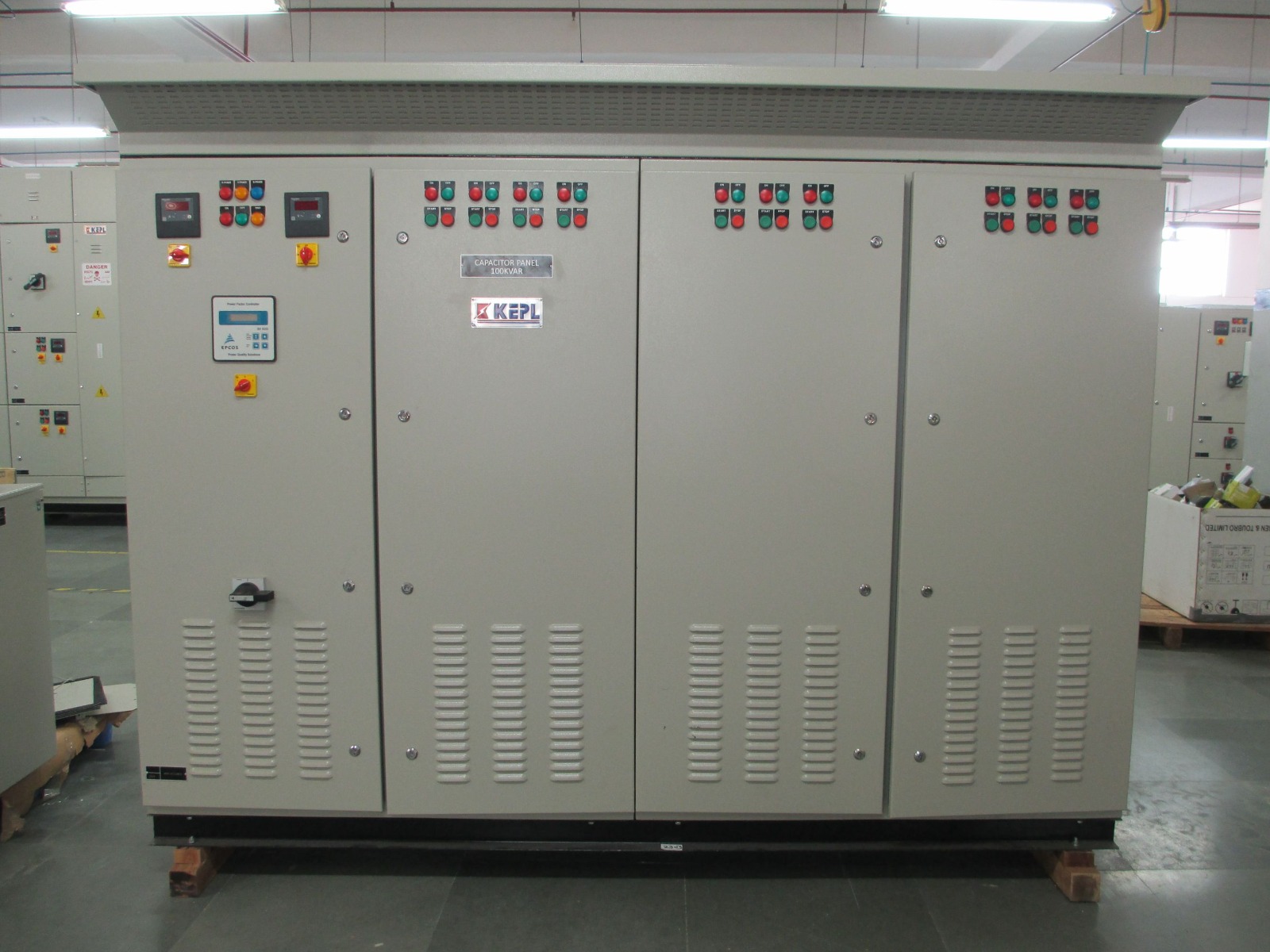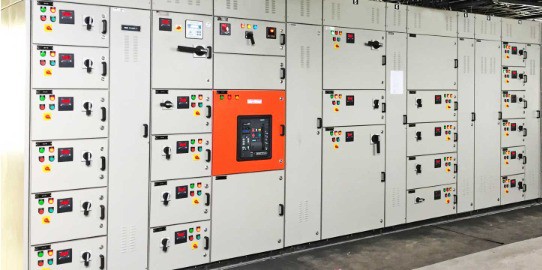Improving Electrical Systems with Vacuum Circuit Breaker Panels
A Vacuum Circuit Breaker Panel is a critical component in modern electrical systems. Its purpose is to safeguard electrical circuits and equipment from overloads and short circuits. This article will delve into the various aspects of a Vacuum Circuit Breaker Panel, highlighting its significance in electrical systems.
Components of a Vacuum Circuit Breaker Panel
Vacuum Circuit Breaker (VCB)
At the heart of the panel lies the Vacuum Circuit Breaker. This sophisticated device is designed to interrupt or break the current flow in a circuit during abnormal conditions.
Control Panel
The Control Panel serves as the brain of the system. It houses the necessary controls and indicators for monitoring and operating the circuit breaker.
Protection Relays
These relays act as watchdogs, constantly monitoring the electrical parameters and initiating a trip signal to the circuit breaker in case of abnormalities.
Current Transformers (CTs)
CTs are responsible for converting high current levels to a manageable range for the protection relays and meters.
Potential Transformers (PTs)
PTs perform a similar function as CTs but for voltage levels. They step down high voltages for measurement and protection purposes.
Busbars
Busbars are conductive bars that act as a junction point for various incoming and outgoing circuits within the panel.
Working Principle
The Vacuum Circuit Breaker operates on the principle of utilizing a vacuum as the arc-quenching medium. Unlike other mediums like oil or sulfur hexafluoride (SF6), a vacuum offers swift and efficient interruption of the current flow.
Applications
Vacuum Circuit Breaker Panels find application in a diverse range of settings:
- Industrial and Commercial Buildings: Safeguarding machinery and equipment in factories and offices.
- Power Substations: Ensuring reliable power distribution across the grid.
- Renewable Energy Installations: Managing the flow of electricity from sources like solar or wind.
Advantages of Vacuum Circuit Breaker Panels
- High Insulation Level: Vacuum panels offer superior insulation properties, reducing the risk of electrical faults.
- Low Maintenance Requirements: Unlike oil-based circuit breakers, VCBs have minimal maintenance needs, resulting in cost savings.
- Quick Arc Quenching: The vacuum medium swiftly extinguishes the arc, ensuring minimal damage and downtime.
- Environmental Friendliness: Unlike SF6-based breakers, vacuum technology is environmentally benign.
Installation and Maintenance
Proper installation and regular maintenance are crucial for the optimal performance of a Vacuum Circuit Breaker Panel. Adhering to manufacturer guidelines for installation and conducting routine checks can significantly extend the panel’s lifespan.
Safety Considerations
Adherence to electrical safety practices is paramount when dealing with any electrical equipment. Additionally, specific safety measures must be followed during handling and maintenance procedures to mitigate risks.
Comparative Analysis with Other Circuit Breaker Panels
Vacuum vs. SF6 Circuit Breakers
While SF6 breakers are effective, they pose environmental concerns due to their high global warming potential. Vacuum breakers, on the other hand, are eco-friendly.
Vacuum vs. Oil Circuit Breakers
Unlike oil-based breakers that require regular maintenance and present environmental risks, vacuum breakers offer a cleaner and more reliable solution.
Future Trends and Innovations
The field of Vacuum Circuit Breaker Panels is continuously evolving. Emerging technologies, such as digital monitoring systems and smart grid integration, are set to revolutionize electrical distribution.
Conclusion
In the realm of electrical systems, Vacuum Circuit Breaker Panels play a pivotal role in safeguarding equipment and ensuring uninterrupted power supply. Their high insulation level, low maintenance requirements, and environmental friendliness make them indispensable in modern setups. Embracing the latest trends and innovations in this field will undoubtedly pave the way for even more efficient electrical systems in the future.







